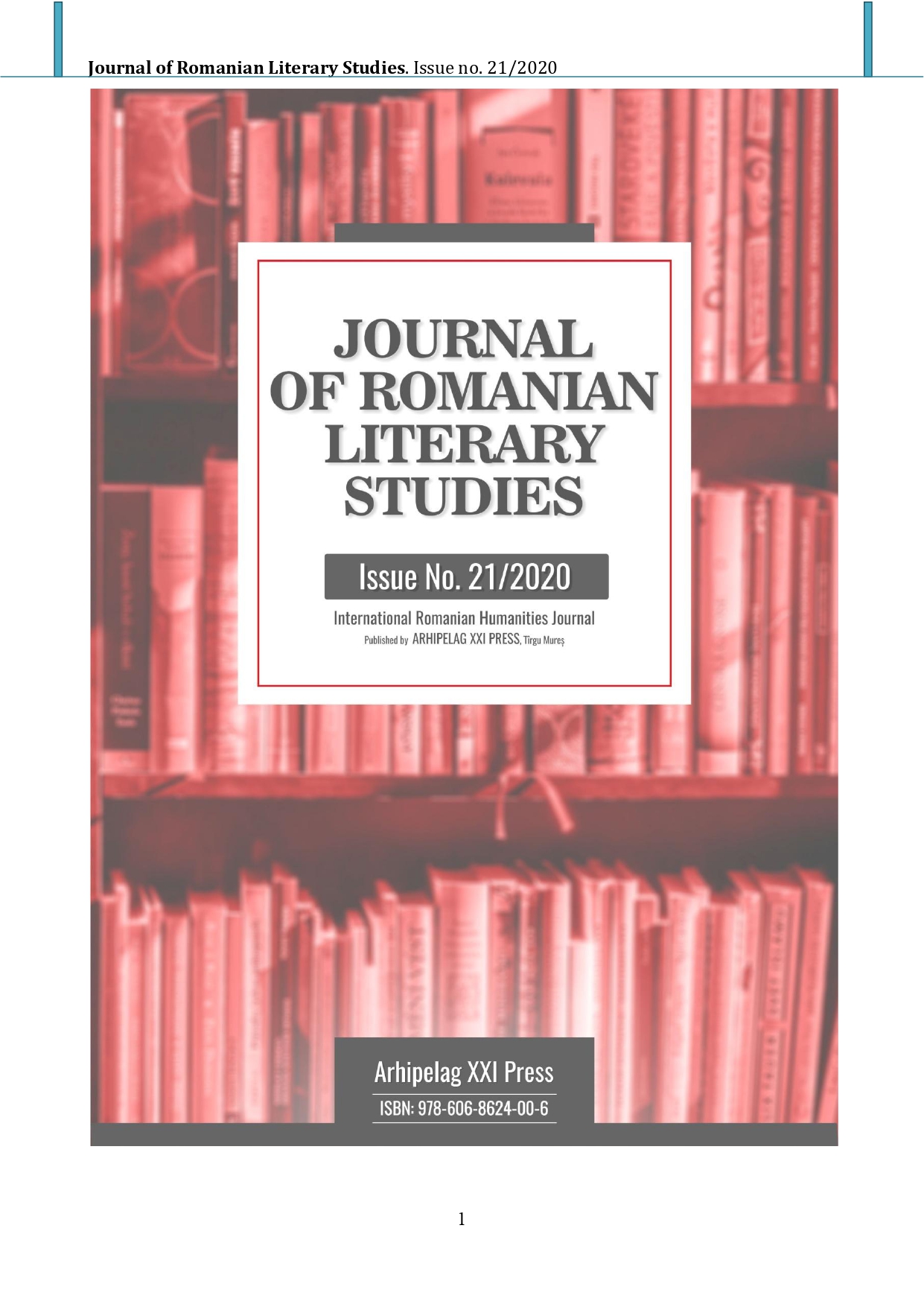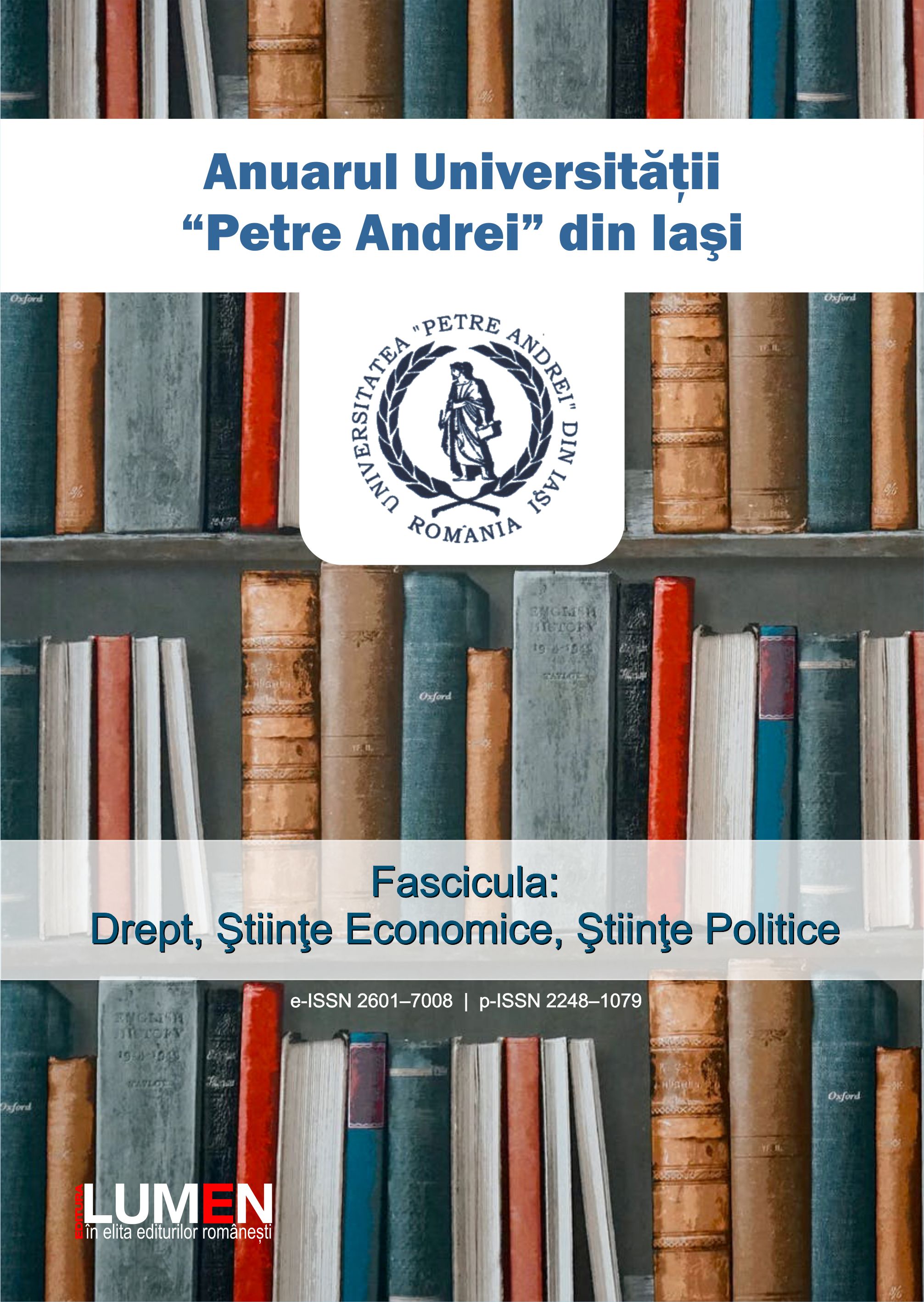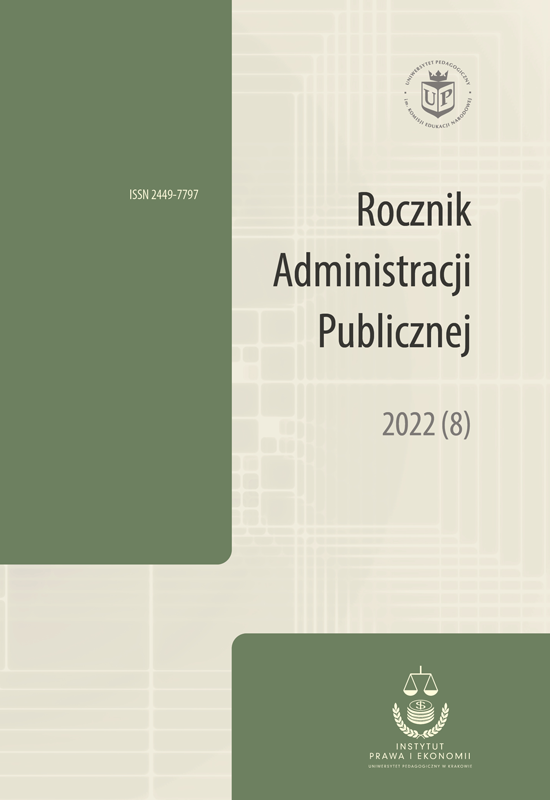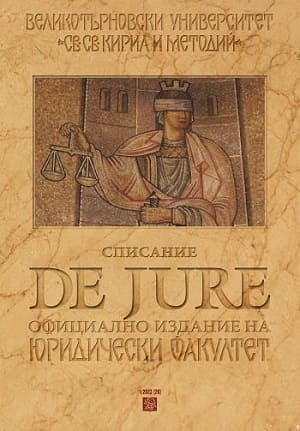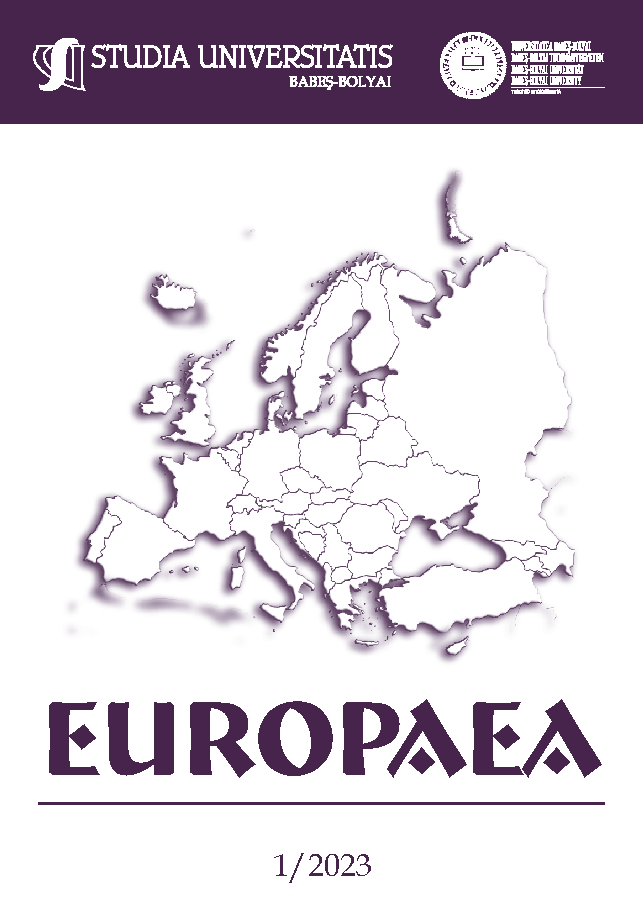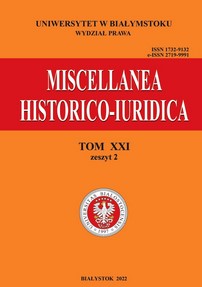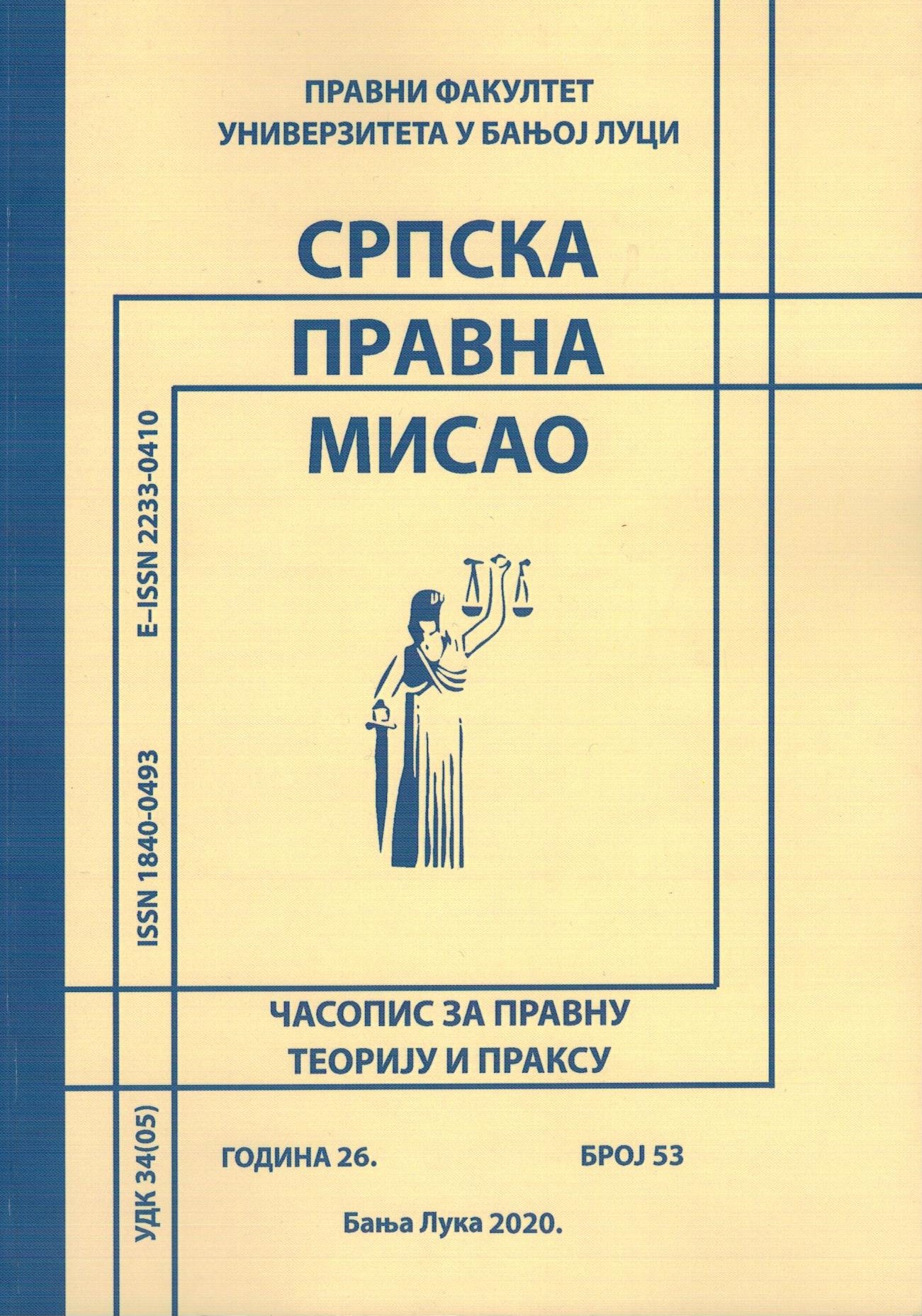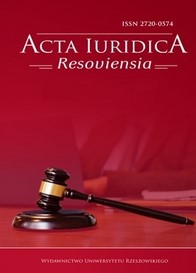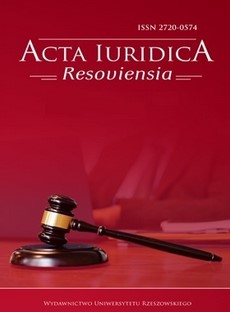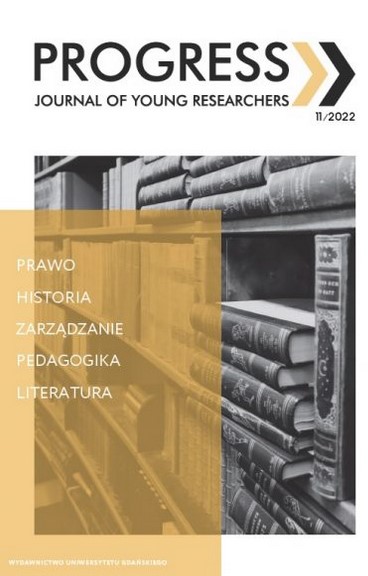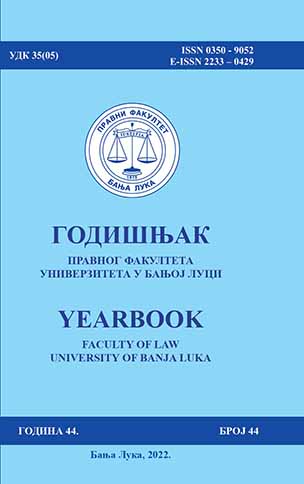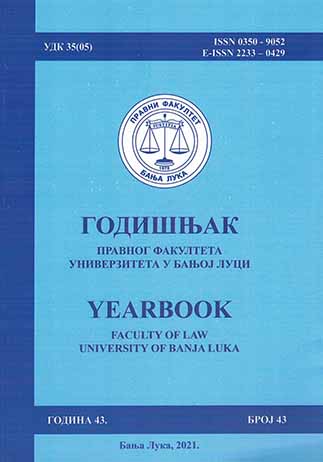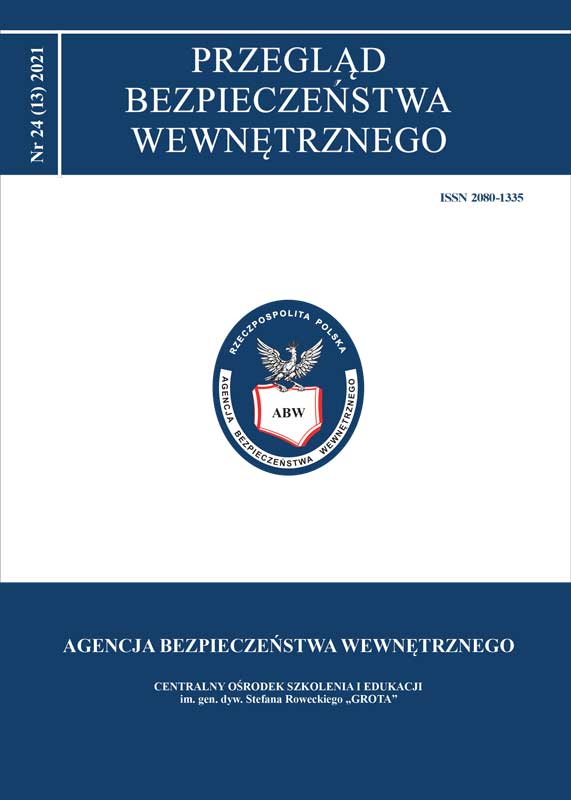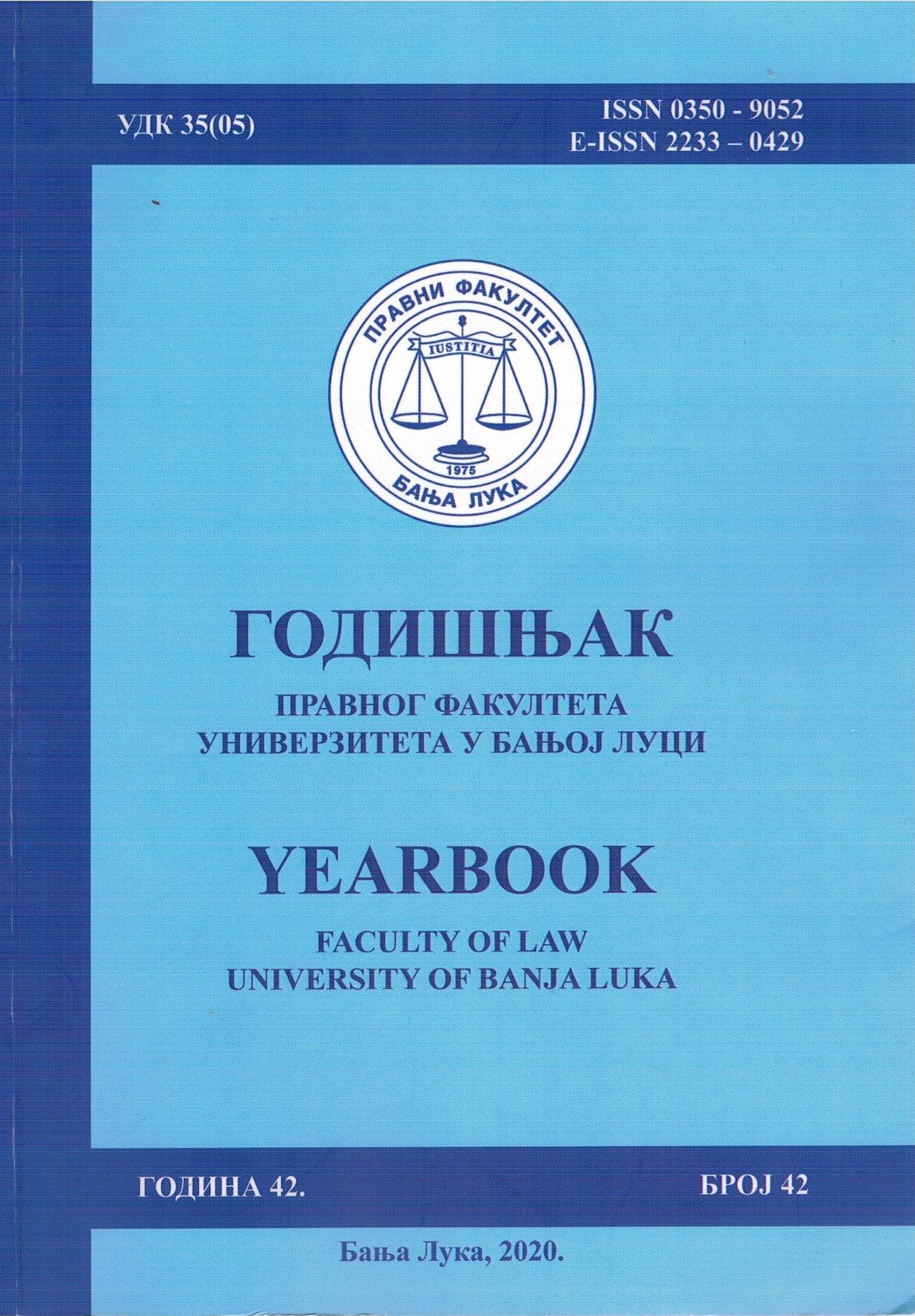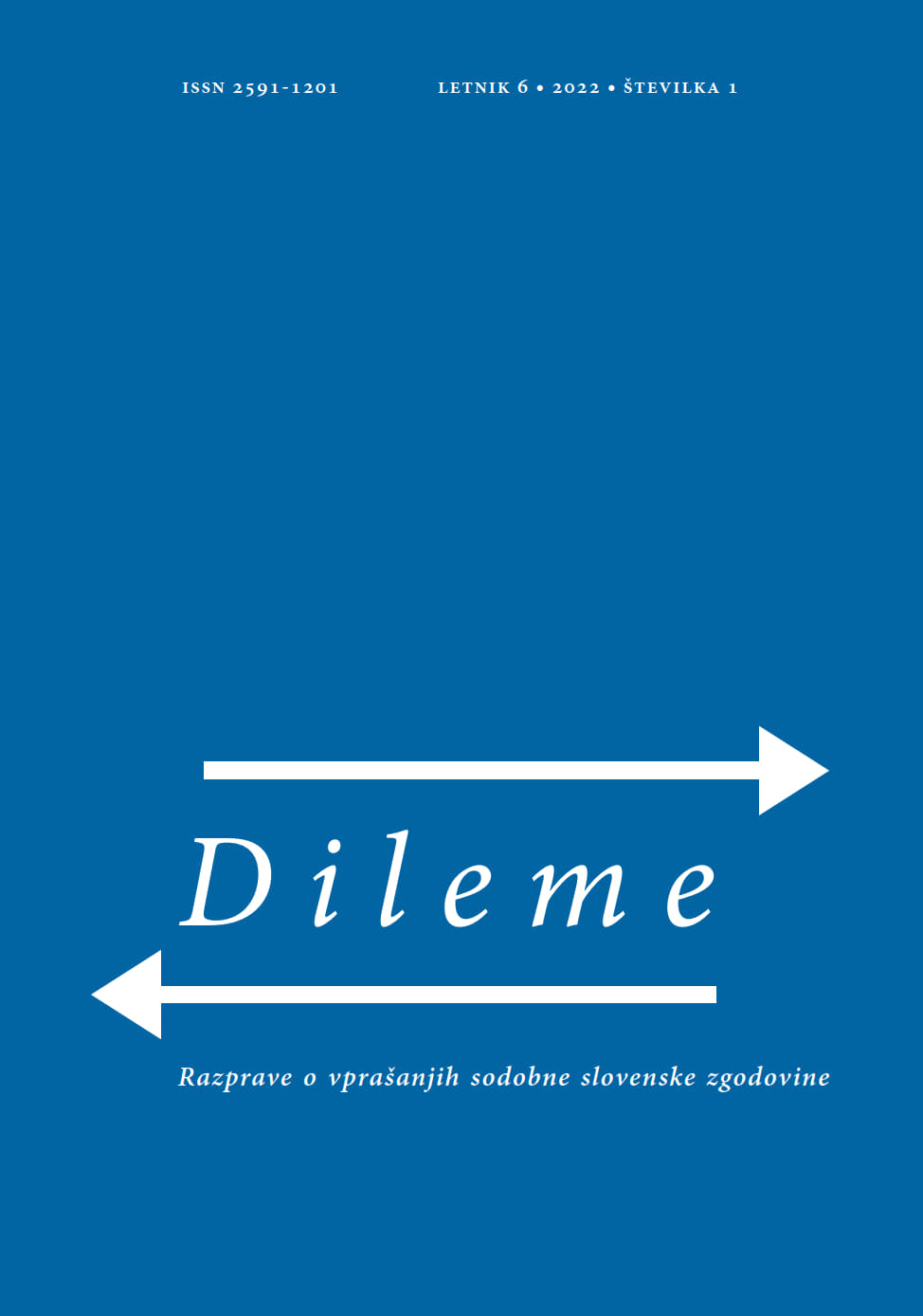
Attempts at Justice during the Regime Change in Hungary
In the years after Hungary’s regime change, a lively political and public debate emerged about the possibility of justice for the crimes committed during the decades of communist dictatorship. The Justice Act, introduced by governing party MPs, retroactively suspended the statute of limitations for treason and intentional homicide in cases where the regime did not prosecute these crimes for obvious political reasons. This would have provided a constitutional opportunity to bring to justice those responsible for the atrocities of the 1950s and the reprisals that followed the 1956 revolution. The law adopted by Parliament was annulled by the Constitutional Court on grounds of continuity and legal certainty. In its view, the retroactive suspension of the statute of limitations is incompatible with the rule of law and justice must therefore be pursued by a completely different route.
More...
